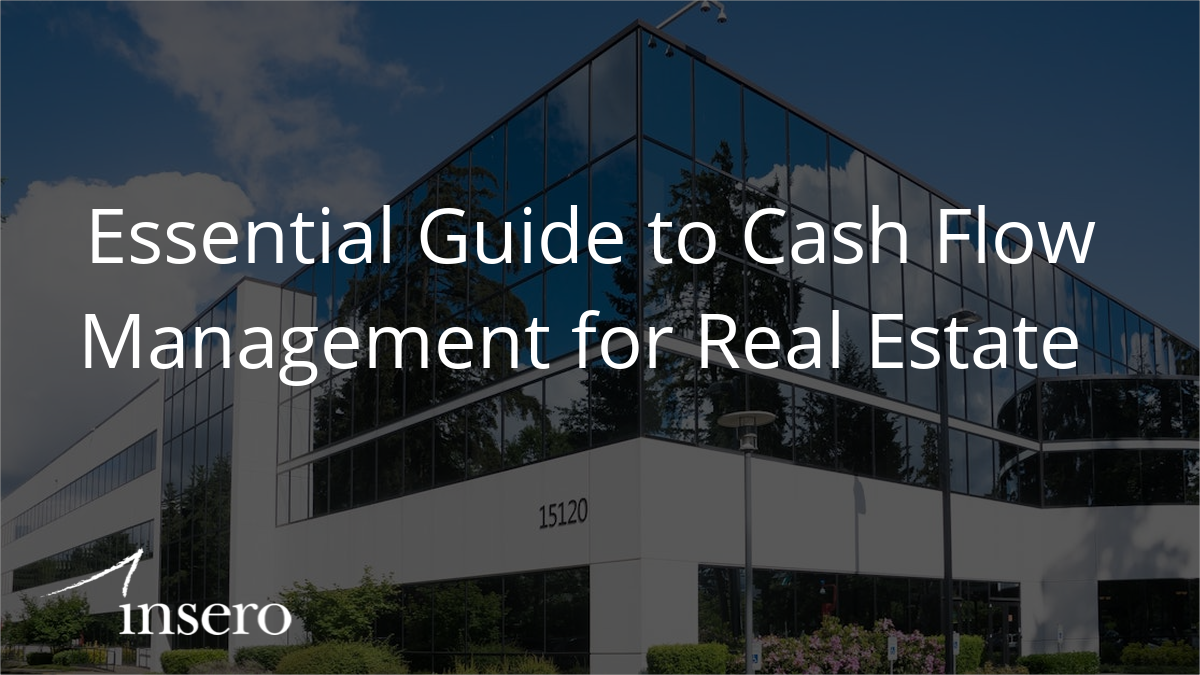Preparing Your Business for a Sales Tax Audit
It’s no surprise that states audit their small business communities as a productive way to increase revenue for their state coffers. Should you receive the dreaded notice that says you’re under audit, here are some ideas to help make the process less painful.
- Review the sales tax rules. Know the rules in your state and locality. Pay special attention to areas that are not taxed. A quick internet search on sales and use tax audits for your state should yield examples of areas on which the auditor will focus their resources. Pay attention to the terminology used in these documents. Use the same terminology when talking with the auditor.
- Conduct a self-audit. Prior to the arrival of the auditor, do an audit yourself. Begin with your sales receipts, migrate to capital purchases, and then finish with your bills. Pay special attention to internet sales and purchases you make with your credit card.
- The best defense is a good offense. You may find areas in your self-audit where you paid tax when no tax was due. Perhaps you have production equipment and your energy providers charge you sales tax on all your energy bills. You may qualify for a sales tax refund for up to three years of this production energy use.
- Watch out for capital equipment. The sales tax rules on capital equipment can vary dramatically. Some vendors may be required to collect and send in sales tax on equipment purchases that are not taxable. In these cases, you must then file a return to collect a refund.
- The expense report trap. An easy way to have the auditor pay for their time is to review your expense reports. This is because auditors often find missing receipts of items purchased at a retail store. For example, an auditor could assess you sales tax on items purchased at Walmart, simply because you did not keep the receipt, despite the fact that retail stores such as Walmart always collect sales tax.
- It’s not usually taxes on your sales that get you. Remember, it is not often the collecting and transmitting of taxes on your sales that gets attention in an audit. Rather, it is the payment of use tax and sales tax purchases you make and potentially overlook.
- Pre-determine the audit’s scope. Before the audit starts, inquire about what the scope of the audit will entail. If the timing of the audit will create a hardship, request a time that is better for you and your business. Consider asking the auditor to sample a defined period of time versus a full review of all your records.
- Get help. Finally, consider that the auditor you’ll be dealing with will be highly-skilled at their job because they do it every day. You, on the other hand, will encounter an audit of this type maybe once or twice during your career. So get help as soon as you receive the audit notice.
As always, should you have any questions or concerns regarding your tax situation please feel free to contact us.
Learn more
Insero & Co. is a public accounting firm with decades of experience working with businesses and nonprofits of all sizes. Our experienced experts are available to help you evaluate best-in-class software and transition to solutions that give you the ability to scale efficiently.
As always, we hope you find our tips and news for businesses valuable, and look forward to receiving your feedback. Companies focused on growth have sought the help of Insero & Co. for more than 40 years. During that time they have consistently experienced the peace of mind that comes from knowing their CPA firm takes the concept of integrity seriously. Should you have any questions about sales tax audit, please contact us directly.




